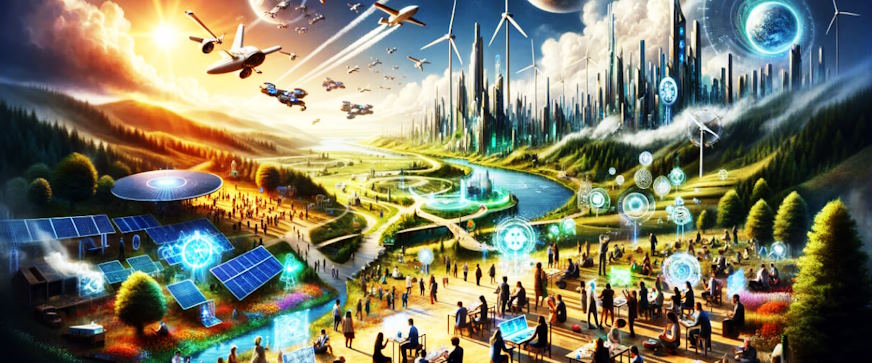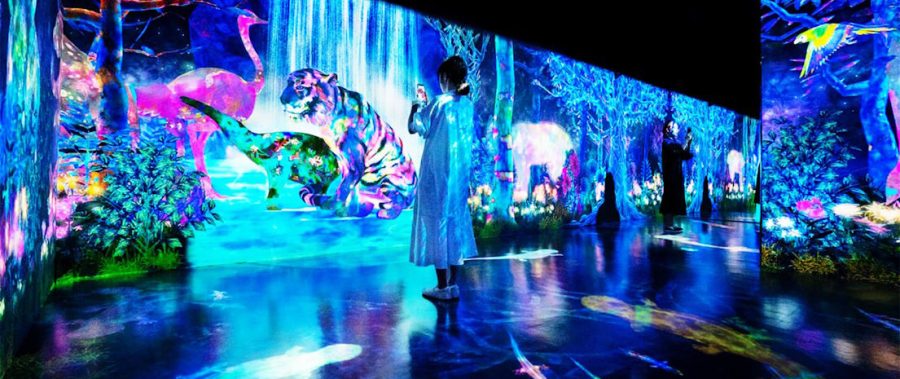Exhibitions stand as cultural milestones, providing a tangible and immersive experience that transcends the limitations of traditional forms of expression. From art and science to technology and diplomacy, exhibitions play a crucial role in shaping our understanding of the world. This article explores the profound significance of shows and why these showcases of creativity, innovation, and collaboration are important in our society.
Cultural Preservation and Expression
Exhibitions go beyond mere displays of artifacts or artworks; they act as vibrant forums for cultural preservation and expression. Art exhibitions, ranging from classical masterpieces to contemporary installations, enable artists to communicate their unique visions, emotions, and social commentaries. Museums and galleries carefully curate exhibitions that showcase the aesthetic brilliance of diverse cultures and serve as living narratives, preserving and celebrating the rich tapestry of human heritage. In these spaces, attendees engage with artistic expressions that transcend language barriers, fostering a global appreciation for the beauty and diversity of human creativity.
Moreover, cultural exhibitions often extend beyond the visual arts, incorporating music, dance, literature, and traditional practices. By embracing multiple forms of expression, displays become immersive experiences that capture the essence of a culture, enabling visitors to connect with the intangible aspects of heritage that words alone cannot convey. Through the lens of cultural exhibitions, societies can bridge generational gaps, ensuring the transmission of traditions and values to future generations.

Education and Innovation
Exhibitions serve as dynamic educational platforms, offering an unparalleled opportunity for experiential learning. Science and technology exhibitions, in particular, create interactive environments where visitors can engage with the latest innovations, unravel complex concepts, and witness the transformative power of human ingenuity. By providing hands-on experiences, these exhibitions cater to diverse learning styles and inspire curiosity among attendees, fostering a deeper understanding of scientific principles and technological advancements.
Beyond science, exhibitions also play a crucial role in education through academic conferences and trade shows. These gatherings bring together experts, researchers, and industry professionals, providing a space for exchanging knowledge and ideas. Attendees gain insights into groundbreaking research, emerging trends, and collaborative opportunities that drive innovation across various fields. The cross-pollination of pictures at these events contributes to the continual evolution of disciplines, creating a ripple effect that extends far beyond the exhibition halls.






